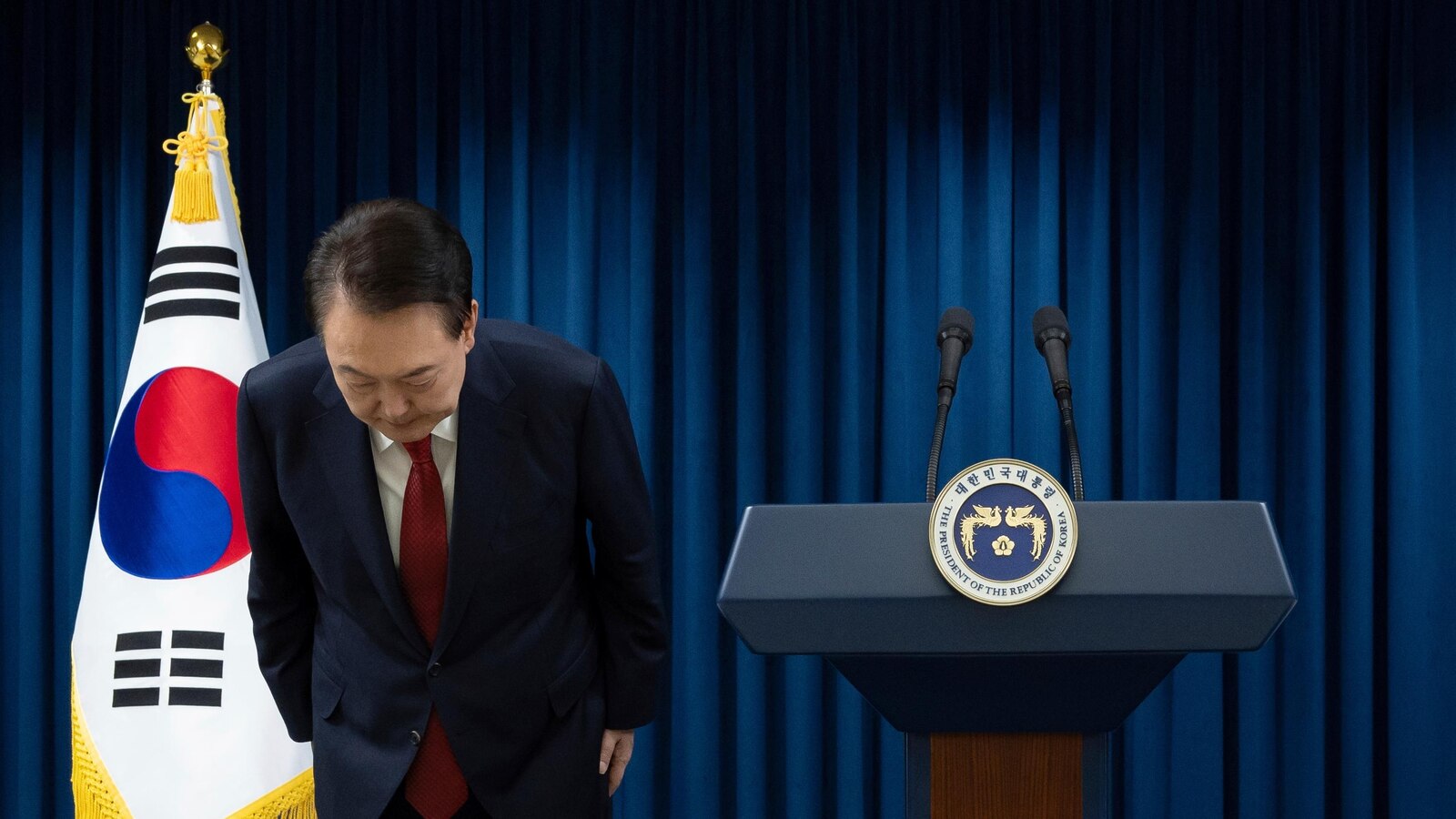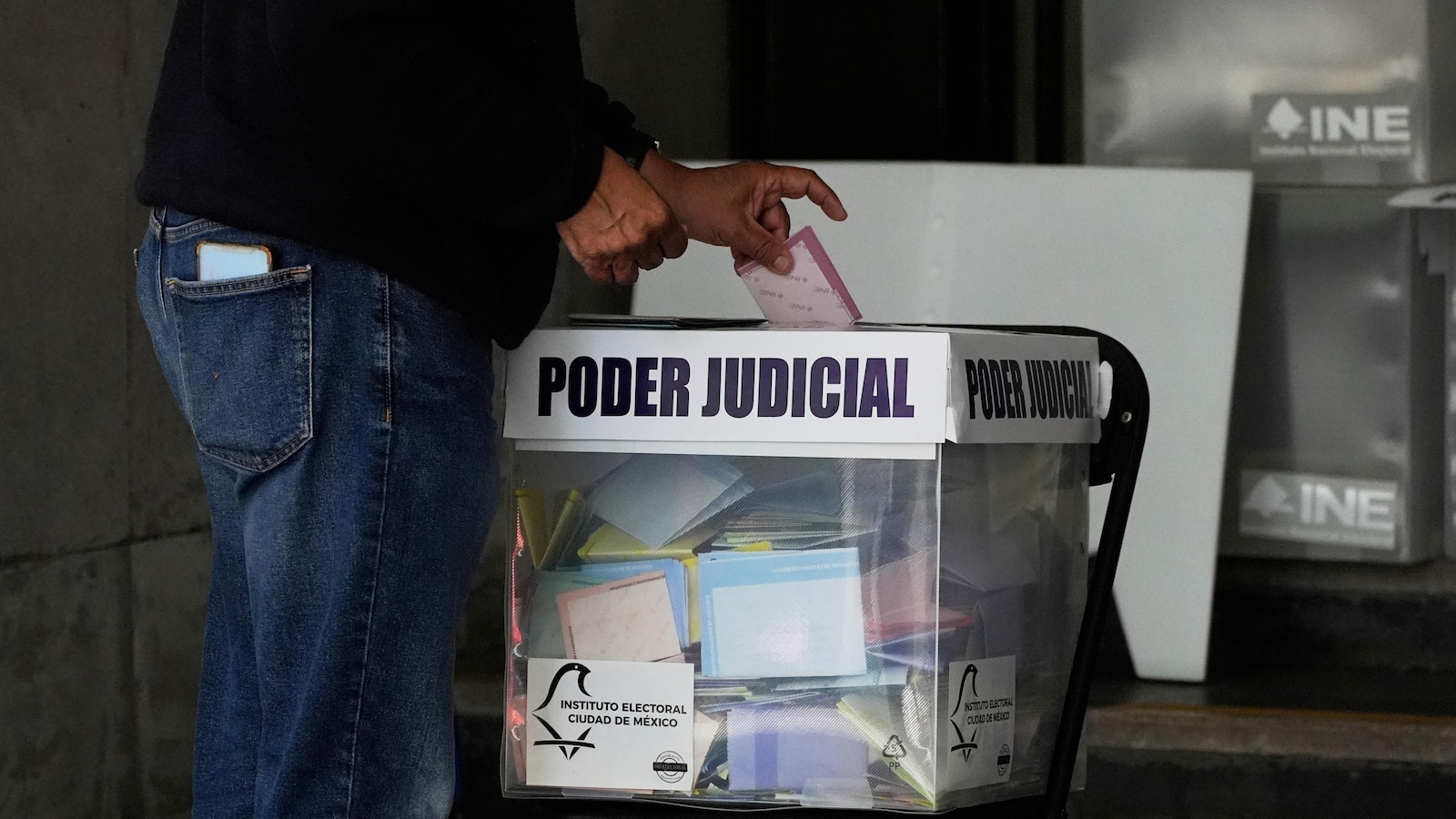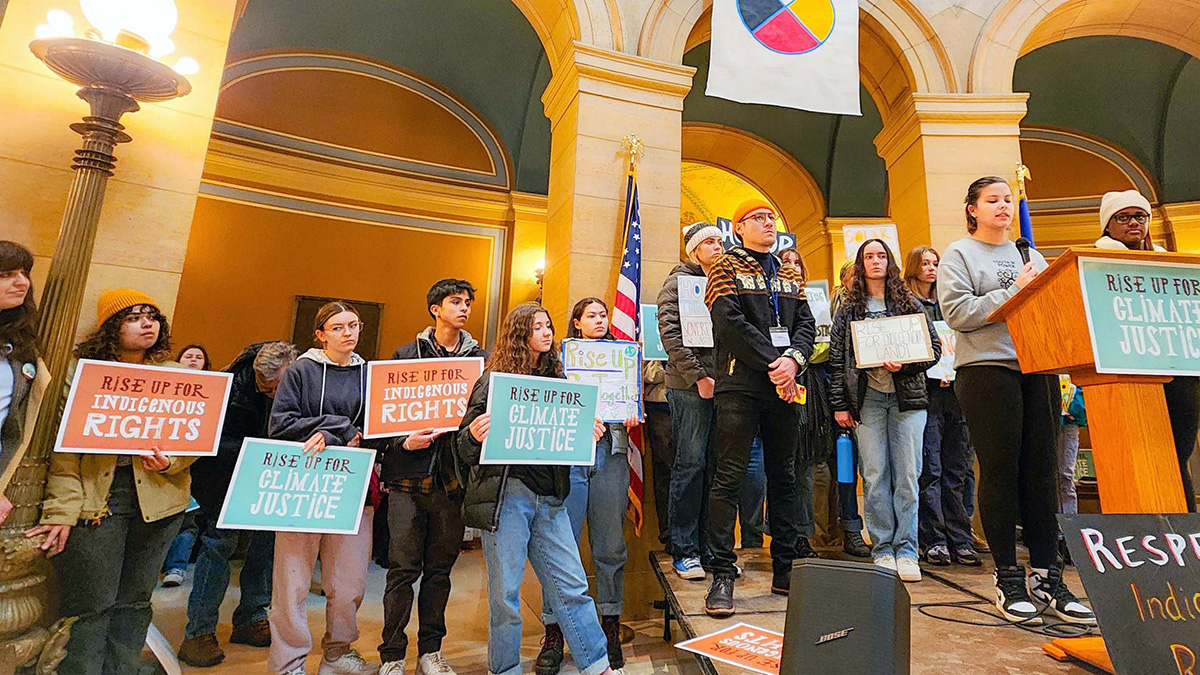[ad_1]
SEOUL, South Korea — After months of political turmoil, South Korea will elect a brand new president this week to succeed conservative Yoon Suk Yeol, who was ousted over his temporary however stunning imposition of martial regulation.
Surveys steered liberal Lee Jae-myung is closely favored to win Tuesday’s snap election, driving on a wave of public disappointment of Yoon’s martial regulation debacle in December. The most important conservative candidate, Kim Moon Soo, needs a come-from-behind victory, however observers say his refusal to immediately criticize Yoon made it troublesome for him to slender the hole with Lee.
The winner will likely be sworn in as president on Wednesday with out the standard two-month transition interval. The new chief faces the pressing duties of making an attempt to heal the deep home divide over Yoon’s motion in addition to specializing in U.S. President Donald Trump’s America-first coverage and North Korea’s advancing nuclear program.
Lee, who represents the principle liberal Democratic Party, is the favourite to win the elections. In three Gallup Korea surveys launched final week, 46% to 49% of respondents picked Lee as their selection for subsequent president, giving him a snug lead over Kim with 35% to 37%.
Lee narrowly misplaced the 2022 election to Yoon, and spearheaded parliament’s two votes to overturn Yoon’s martial regulation decree and impeach him, earlier than the Constitutional Court formally dismissed him in April.
Lee’s outspoken criticism of South Korea’s conservative institution and calls to punish these concerned in Yoon’s martial regulation enactment have prompted worries amongst his opponents that Lee’s election would additional polarize the nation.
Kim, a former labor minister beneath Yoon, has fought an uphill battle in opposition to Lee as his People Power Party struggles to revive public confidence. Kim’s opposition to Yoon’s impeachment and reluctance to explicitly criticize the disgraced chief drove him away from average voters, analysts say.
Four different politicians are working for the presidency, together with Lee Jun-seok of the small conservative New Reform Party, who has categorically rejected Kim’s request to discipline a unified candidate between them to stop a break up in conservative votes.
The election has acquired ugly, with candidates levelling damaging statements, private assaults and even sexually offensive language in opposition to one another with out unveiling clear, long-term imaginative and prescient for South Korea.
During final week’s televised debate, Lee Jae-myung labelled Kim as “Yoon Suk Yeol’s avatar,” while Kim called Lee a “harbinger of monster politics and dictatorship.” Lee Jun-seok faced withering public criticism after he used graphic references to women’s bodies to criticize Lee Jae-myung’s son over his purported sexually explicit online slur targeting a female singer.
Unlike past elections, North Korea’s nuclear program hasn’t emerged as a hot-button topic, suggesting that most candidates share a view that South Korea has few immediate ways to convince North Korea to abandon its nuclear weapons. Dealing with Trump’s aggressive tariffs policy hasn’t been a divisive issue either.
Kim has instead focused on portraying Lee Jae-myung as a dangerous leader who would likely wield excessive power by putting the judiciary under his control and revising laws to stop his criminal trials. Lee Jae-myung, for his part, has repeatedly questioned Kim’s ties with Yoon.
South Korea’s new president will have little time to negotiate with the United States before July 9, when Trump’s 90-day pause on global tariffs expires, potentially exposing South Korean products to 25% tax rates. A U.S. federal court has recently ruled that Trump lacks authority to impose the tariffs, but the White House has appealed, leaving the long-term outcome unclear.
South Korea’s outgoing administration was trying to finalize a comprehensive “package” deal with the U.S. by early July to soften the blow to the country’s trade-dependent economy.
Lee has accused government officials of rushing negotiations for short-term political gains and said it wouldn’t serve national interests to obsess over securing an early agreement with Washington. Kim said he would place a priority on a meeting with Trump as soon as possible to resolve trade issues.
The next government in Seoul may also struggle to ease security tensions over North Korea’s advancing nuclear weapons program, which has been complicated by North Korea’s support of Russia’s war against Ukraine.
Lee has expressed a willingness to improve ties with North Korea but acknowledged that it would be difficult to hold a summit with North Korean leader Kim Jong Un anytime soon. He said he would support Trump’s push to resume nuclear diplomacy with North Korea. Kim Moon Soo has promised to build up South Korea’s military capability and win a stronger U.S. security support, suggesting he would uphold Yoon’s hard-line approach on North Korea.
The most pressing domestic issue facing the new president will be a starkly divided nation that had seen millions rallying for months to either support or denounce Yoon.
Yoon had labeled Lee’s party as “anti-state” forces abusing their legislative majority to block his agenda. He also endorsed unsubstantiated conspiracy theories that the liberals had benefited from election fraud, prompting his supporters to rally in the streets with “Stop the Steal” signs.
Lee has issued a message of unity and vowed not to seek political vengeance against his rivals if elected. But his critics doubt that, suspecting Lee could use investigations of Yoon’s martial law decree as a vehicle to suppress his opponents.
Yoon’s authorized saga is prone to overshadow the early months of Seoul’s subsequent authorities, as the previous president continues to face trial on high-stakes rise up fees, which carry a attainable sentence of demise or life in jail.
[ad_2]



